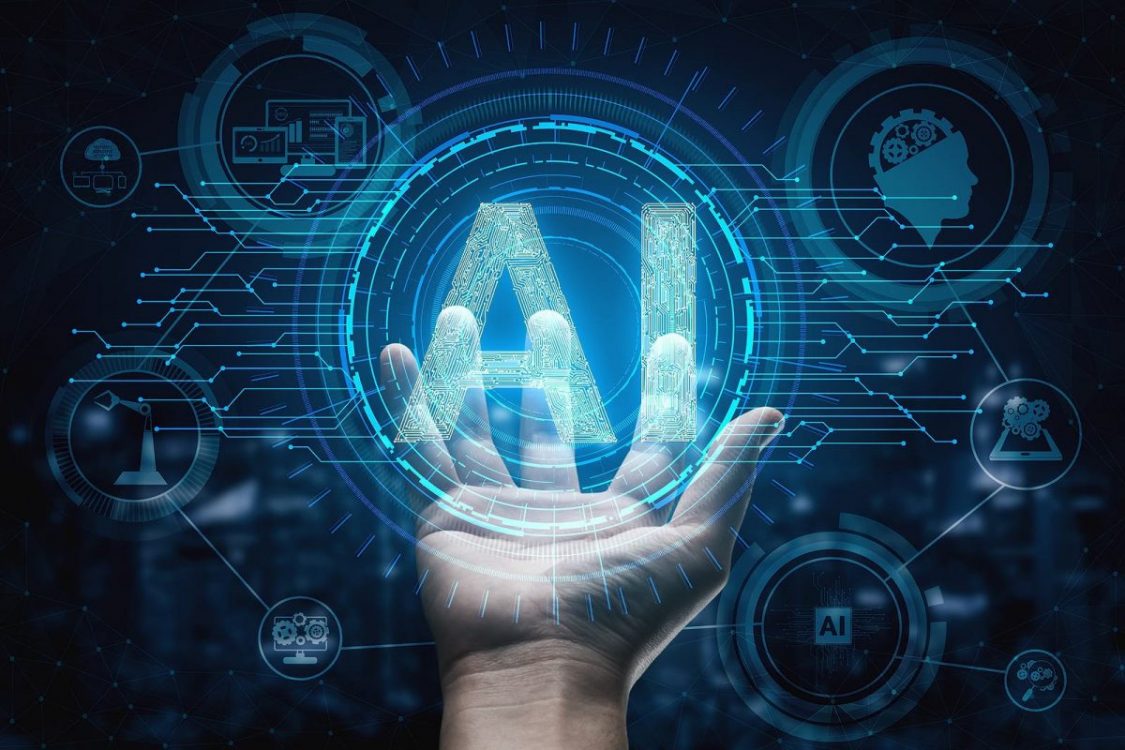Need to harness AI power to avoid extinction threat

Once upon a time, there were plenty of jobs for artisans selling traditional crafts. When the first industrial revolution came with steam engines, these jobs were no longer in demand.
Once upon a time, there were plenty of jobs for ironsmiths, but when the second industrial revolution came with electricity and mass production, these jobs were no longer in demand.
Once upon a time, telegraph was a form of communication, but when the third industrial revolution came with personal computing and automation, telegraphers lost their jobs.
Ladies and gentlemen, the fourth industrial revolution has swept in like a tsunami, upending everything in its path. Elon Musk, the world’s wealthiest individual, has stated that it poses hazards to society and civilisation while the late Prof Stephen Hawking predicated creation of an advanced AI would mark the beginning of chaos that would result in the end of humanity!
Technologies of the Fourth Industrial Revolution, such as artificial intelligence, genome editing, augmented reality, blockchain and robotics, are quickly altering how people create, exchange, and distribute value. How can we leverage and fit in the wave?
The fusion of technological advancements in the physical, biological, and digital spheres is a major force behind the fourth industrial revolution and is bringing change at a speed , scale and force unlike anything we’ve experienced before.
We must comprehend and apply these technologies. Some would argue that those are only for industrialised countries. What if we are innovative? Some of these technologies are more useful in underdeveloped countries like Kenya than in developed ones like United States.
The fourth industrial revolution is significantly altering institutions, industries, and people by transforming the way we create, innovate, and utilise new technologies. Even more significant than their thrilling powers are the cross-cutting effects of developing technologies. In media, artificial intelligence is augmenting processes, skills and presentations.
Through artificial intelligence, robotics, blockchain, 3D printing, autonomous cars, and other technologies, the fourth industrial revolution is fusing the physical and digital worlds to transform our economy and society.
The idea that new technologies are developed and used exponentially has impacted social structures, political institutions, and individual identities. As a result, how we leverage technology from the fourth industrial revolution will define our obligations to one another, capacity for self-realisation, and ability to impact the world.
Artificial intelligence is altering the workplace. Amazon already employs over 200,000 robots, not employees. The fourth industrial revolution is coming with a lot of complexity and an unprecedented pace of change.
Unlike past industrial revolutions, when the scarce resource was financial resources, the most rare and precious resource in the future will be human capital. Talent, more than capital, will represent the critical factor of production.
The transformation requires collaboration, teams, and emotional intelligence. Emotional intelligence is crucial, as teams will likely involve diverse cultures and digital bodies, requiring skills to team up effectively.
Digital communicators must collaborate with digital bodies to improve results, but honing skills areas is insufficient due to the rapid pace of change in the fourth industrial revolution. To succeed in the job market, we must learn quickly, undo what we have learned, and then learn it all over again.
All past industrial revolutions had both positive and bad consequences for various parties. Nations have gotten wealthier, and technology has assisted in lifting whole communities out of poverty.
As a society, we must understand IoT’s impact, adapt to technological changes, acquire new skills, demonstrate creativity, critical thinking, and understandable data, and use safe cyber practices.
Fourth industrial revolution offers inclusive, human-centered opportunities to unify global communities, develop sustainable economies, modernise governance, alleviate inequities, and commit to values-based leadership in new technologies. As a nation, we should align with the disruption.
— The writer is an Innovations Evangelist and a PhD Student












